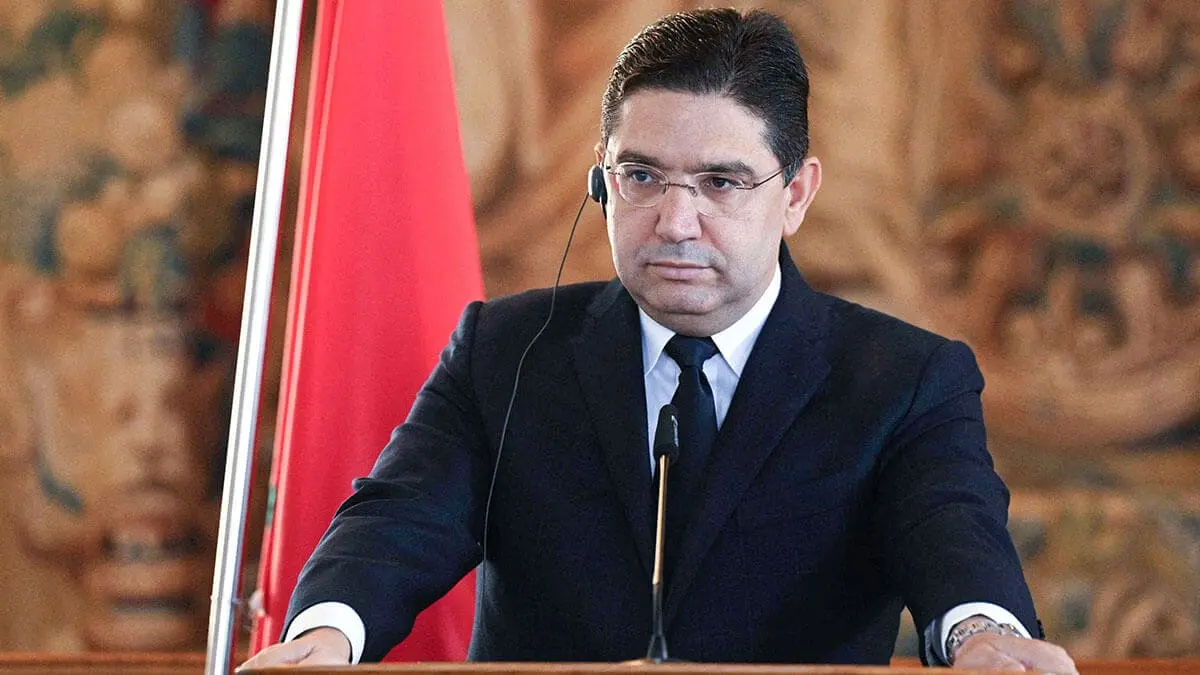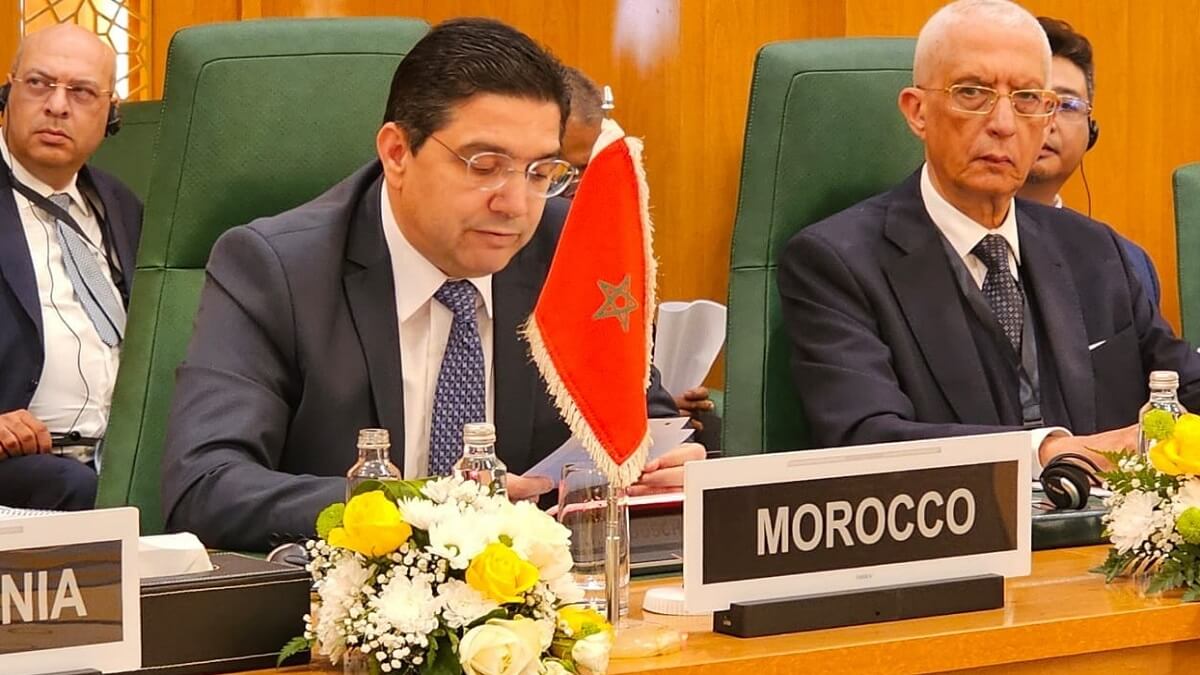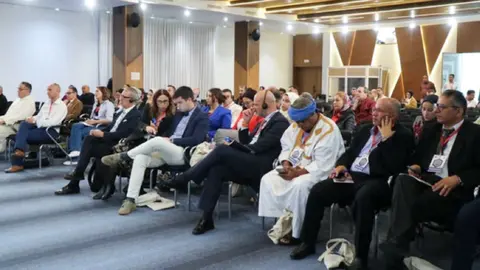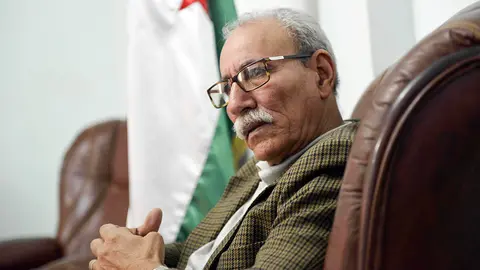Morocco increases the budget of the Ministry of Foreign Affairs

Morocco has increased the budget for the Ministry of Foreign Affairs, African Cooperation and Moroccans Resident Abroad in order to continue its commitment to foreign diplomacy, as it has been doing in recent decades.
Within the Kingdom of Morocco's 2025 Finance Bill, 4.47 billion dirhams (423 million euros) have been earmarked for the ministry headed by Nasser Bourita.
This is 360 million dirhams more for the Ministry of Foreign Affairs than the previous year, an increase of almost 8.9%.
The increase will be used to expand Morocco's diplomatic and consular network and to create new budget lines.

According to official figures, 299 million dirhams, or almost 73% of the investment budget, is devoted to the management of diplomatic and consular missions, including projects for the construction and refurbishment of Moroccan embassy and consulate facilities.
The official budget data report notes that ‘in order to carry out a proactive and coherent diplomacy, the Ministry has developed a strategy that integrates the role of political and parliamentary bodies, scientific research centres, civil society organisations and non-governmental institutions working in the field of international relations’.
The objective, in addition to developing facilities and management processes, is clearly to further enhance Moroccan foreign diplomacy in order to continue strengthening Morocco's external role as it has been doing in recent times, under the clear directives of King Mohammed VI, who, since his accession to the throne in 1999, has been clear that it is very valuable to strengthen the North African country's international role in order to position it at the highest level in the geopolitical sphere.
The budget increase strategy ‘focuses on the defence of Morocco's strategic interests, in particular the preservation of its territorial integrity and the strengthening of achievements in the national question, while promoting the Moroccan model, derived from the important democratic reforms undertaken by the Kingdom. It also aims to strengthen Rabat's presence in regional and international organisations’, according to official information.
Among the international issues to be highlighted, there are points that are very relevant for the North African country.
One of them is the maintenance of security and the fight against terrorism and criminal gangs operating at the international level. Morocco attaches great importance to national defence and security, with a prominent role for the General Directorate of National Security and the General Directorate of Territorial Surveillance, whose head is Abdellatif Hammouchi, who is committed to forging important international relations at the highest level with very important nations to combat transnational terrorism and all types of criminal networks operating in various nations.
Another very important issue is the maintenance of Morocco's territorial integrity. This requires official international recognition of the integration of Western Sahara into the so-called southern provinces of Morocco.

The North African country has been intensifying its international diplomacy for years to gather support for its Autonomy Plan for Western Sahara, which proposes a formula of broad autonomy for the Sahrawi territory under Moroccan sovereignty, respecting the resolutions of the United Nations (UN) and with the clear objective of developing the territory to the maximum at all levels.
This proposal has already received the backing of more than 100 countries on the international stage, which consider it to be the most credible and realistic initiative to resolve the Saharawi dispute, demonstrating the success of Moroccan foreign diplomacy and the postulates it puts forward.










